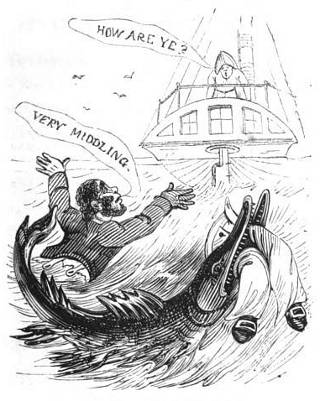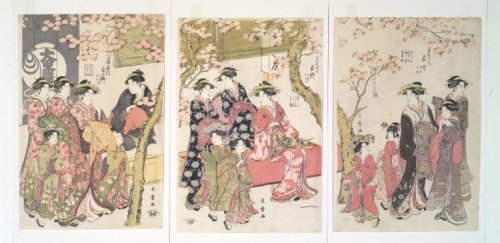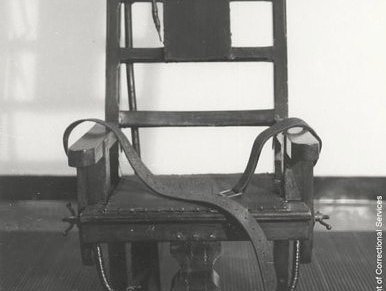
“Oh! what is that comes gliding in,
And quite in middling haste?
It is the picture of my Jones,
And painted to the waist.
“It is not painted to the life,
For where’s the trowsers blue?
Oh Jones, my dear!–Oh dear! my Jones,
What is become of you?”
“Oh! Sally dear, it is too true,–
The half that you remark
Is come to say my other half
Is bit off by a shark!
“Oh! Sally, sharks do things by halves,
Yet most completely do!
A bite in one place seems enough,
But I’ve been bit in two.
“You know I once was all your own,
But now a shark must share!
But let that pass–for now, to you
I’m neither here nor there.”
“Alas! death has a strange divorce
Effected in the sea,
It has divided me from you,
And even me from me!
“Don’t fear my ghost will walk o’ nights
To haunt, as people say;
My ghost can’t walk, for, oh! my legs
Are many leagues away!
“Lord! think when I am swimming round,
And looking where the boat is,
A shark just snaps away a half,
Without ‘a quarter’s notice.’
“One half is here, the other half
Is near Columbia placed;
Oh! Sally, I have got the whole
Atlantic for my waist.
“But now, adieu–a long adieu!
I’ve solved death’s awful riddle,
And would say more, but I am doomed
To break off in the middle!”
— Thomas Hood, “Sally Simpkin’s Lament,” 1834





